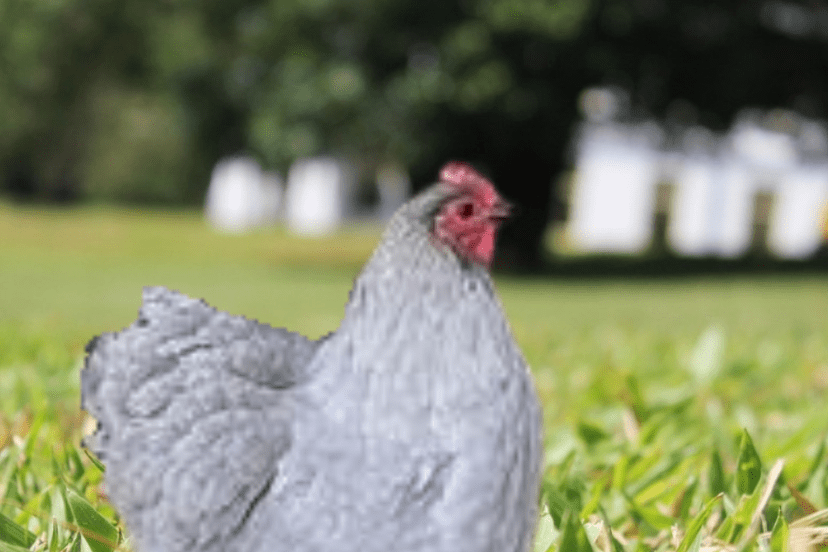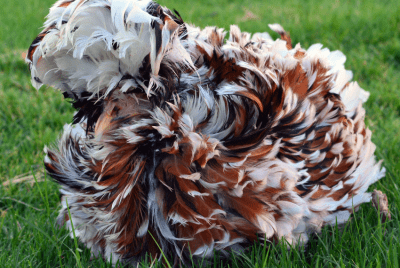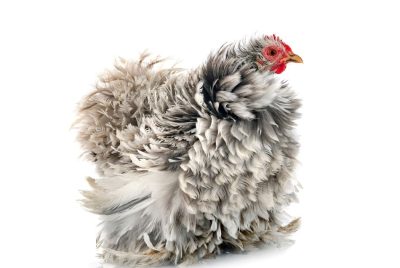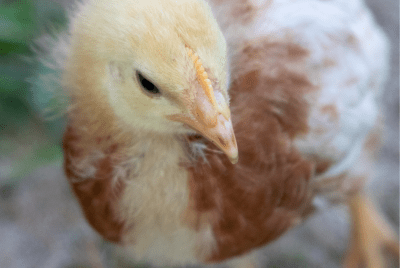Lavender Orpington Chicken
Lavender Orpington Chickens
Many backyard chicken enthusiasts are drawn to the Lavender Orpington Chickens for their unique color, gentle nature, and excellent egg-laying abilities. In this comprehensive guide, we will research into the history, characteristics, benefits, care tips, and challenges of raising these beautiful birds. Learn about their origins, physical and behavioral traits, as well as practical advice on housing, feeding, and breeding. Discover why Lavender Orpington Chickens may be the perfect addition to your flock, whether you are a first-time chicken keeper or a seasoned poultry enthusiast.
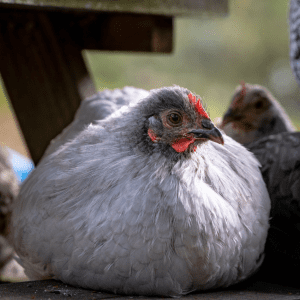
Key Takeaways:
- Lavender Orpington Chickens are a popular breed known for their unique lavender coloration and friendly demeanor.
- Raising Lavender Orpingtons can offer a range of benefits, including their docile nature, good egg-laying capabilities, and beautiful appearance.
- Caring for Lavender Orpington Chickens requires attention to their housing, nutrition, and health needs to ensure their well-being and longevity.
- Breeding Lavender Orpingtons involves understanding the basics of breeding and selecting the right birds to maintain and improve the breed.
- Prospective owners should prepare for potential challenges, join supportive communities, and research resources to ensure a successful experience with these unique chickens.
Characteristics of Lavender Orpington Chickens
Physical Traits and Appearance
For those interested in Lavender Orpington Chickens, their unique color is often the first thing that catches the eye. These stunning birds have a beautiful lavender-gray color that sets them apart from other Orpington varieties. They are large and fluffy with a broad, curvy shape, making them quite appealing to both novice and experienced chicken keepers. Their gentle demeanor and fluffy appearance have made them a favorite among backyard chicken enthusiasts.
Personality and Behavior
Characteristics of Lavender Orpington Chickens extend beyond their physical appearance. For instance, they are known to be docile and friendly, making them ideal for families with children or first-time chicken keepers. They are also great layers, producing around 200-280 light brown eggs per year. Additionally, these chickens have a calm and sociable nature, getting along well with other flock members and even with other pets in the household.
Caring for Your Lavender Orpingtons
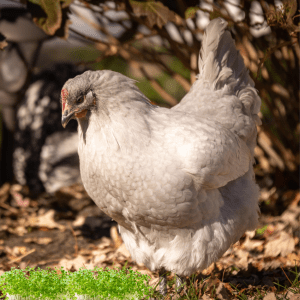
Feeding and Nutrition
Even though Lavender Orpington Chickens are known for their resilience and hardiness, it’s important to provide them with proper nutrition to ensure their health and well-being. A balanced diet rich in protein, vitamins, and minerals is crucial for their growth and development.
Health and Wellness Tips
One of the most important aspects of caring for your Lavender Orpingtons is their health and wellness. Regular health check-ups, providing a clean living environment, and monitoring their behavior are key steps in ensuring they stay healthy and happy. Recognizing early signs of illness and addressing them promptly is crucial in maintaining their overall well-being.
Lavender Orpington chickens, when kept in optimal conditions, can live on average between 5 to 9 years. Their lifespan, like that of most chicken breeds, depends heavily on factors such as diet, environment, and healthcare.
- Regularly checking for parasites and mites.
- Ensuring they have access to clean water at all times.
- Providing a well-balanced diet to support their immune system.
Breeding and Raising Lavender Orpingtons
Breeding Best Practices
Lavender Orpington chickens are known for their gentle nature and beautiful appearance, making them a popular choice for both backyard chicken keepers and breeders. In the matter of breeding these lovely birds, it is important to select healthy, high-quality parent birds with desirable traits to pass on to the offspring. Proper management of breeding pairs, ensuring they have sufficient space, nutrition, and care, will help produce strong and thriving chicks.
Tips for Raising Chicks
In the matter of raising Orpingtons chicks, there are a few key considerations to keep in mind to ensure their well-being and growth. Provide a warm and safe brooding environment, using a heat lamp to maintain the right temperature. Offer a balanced diet of chick starter feed and clean water. Regularly monitor the chicks for any signs of illness or distress, and handle them gently to promote socialization. After a few weeks, they can be transitioned to a larger coop with outdoor access to continue their development.
- Provide a warm and safe brooding environment
- Offer a balanced diet of chick starter feed and clean water
- Regularly monitor the chicks for any signs of illness or distress, and handle them gently to promote socialization
Plus
Not only are Lavender Orpington chickens prized for their beauty and gentle nature, but they also make excellent mothers, diligently caring for their chicks. Additionally, they are known for their cold-hardiness, making them well-suited for colder climates. With proper care and attention, these birds can live up to 8-10 years, becoming valued members of your flock.
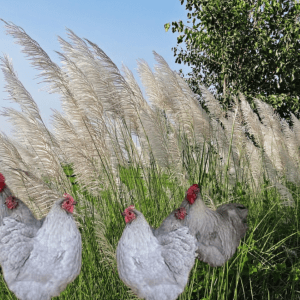
Lavender Orpingtons in the Coop and Community
Integrating into a Flock
To successfully integrate Lavender Orpington chickens into your existing flock, it is crucial to introduce them gradually. Make sure to quarantine any new birds and allow for supervised interactions to establish a pecking order. Provide plenty of space and resources to prevent aggression and promote harmony within the flock.
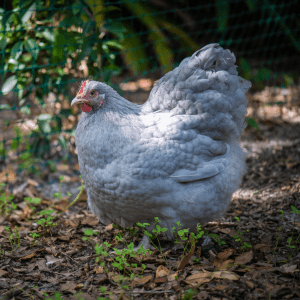
The Role in Urban Homesteading
Integrating Lavender Orpington chickens into your urban homestead can be a rewarding experience. Their docile nature and cold-hardy characteristics make them ideal for urban settings. They require minimal space and can provide fresh eggs and natural pest control to enhance your sustainability efforts. With proper care and attention, these beautiful birds can thrive and contribute to a self-sufficient lifestyle.
Role: Lavender Orpingtons play a crucial role in urban homesteading by providing a sustainable source of fresh eggs, natural pest control, and companionship. Their calm demeanor and cold-hardy nature make them a valuable addition to any urban setting, offering a unique blend of beauty and functionality.
To wrap up about about Lavender Orpington Chickens
As a reminder, Lavender Orpington Chickens are not only beautiful and gentle birds, but they also have a rich history and many benefits for chicken keepers. Whether you’re a beginner or experienced enthusiast, their characteristics, ease of care, and potential challenges make them a rewarding addition to any flock.
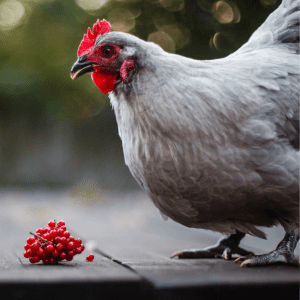
FAQ’s on Lavender Orpington Chickens
Q: What makes Lavender Orpington chickens different from other Orpington varieties?
A: Beautiful lavender-colored feathers distinguish Lavender Orpington chickens as a unique variety. This sets them apart from other Orpington color variations such as Buff, Black, or White. Their friendly and docile temperament, a well-known trait of Orpingtons, makes them a popular choice among chicken enthusiasts.
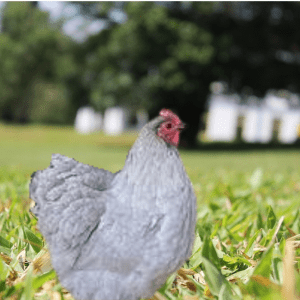
Q: How long do Lavender Orpington chickens typically live?
A: Lavender Orpington chickens, like most chickens, have an average lifespan of 8 to 10 years. With proper care, they can live even longer. Providing a balanced diet, adequate shelter, and regular health check-ups can help ensure a long and healthy life for your Lavender Orpingtons.
Q: Can Lavender Orpington chickens be kept in colder climates?
A: Yes,. Lavender Orpington chickens withstand cold climates well, thanks to their fluffy feathers that insulate against low temperatures, generally showing more tolerance to the cold than many other breeds. However, providing proper shelter and protection from harsh weather conditions is still important to keep them healthy and comfortable.
Q: What are the main considerations for someone starting to breed Lavender Orpingtons?
A: When starting to breed these chickens, it’s important to select healthy breeding stock with desirable traits such as good conformation, temperament, and plumage color. Proper housing, nutrition, and breeding practices should be followed to ensure successful breeding outcomes. Additionally, having a good understanding of genetics and inheritance patterns can help in selectively breeding for specific characteristics.
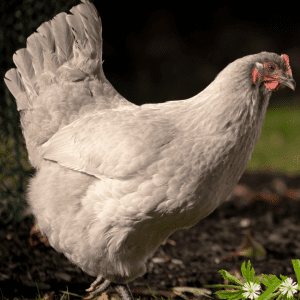
Q: Are Lavender Orpington chickens good for first-time chicken keepers?
A: Yes. First-time chicken keepers often choose these chickens for their friendly and calm demeanor. They are easy to handle, making them great for families with children or beginners in poultry keeping. Their cold-hardy nature, good egg-laying capabilities, and beautiful appearance make them a popular choice for novice and experienced chicken enthusiasts.
Chicken Tractor for your Flock
Eagle and Hawk Proof Your Chicken Coop
How to make Magic Water for your Chickens

